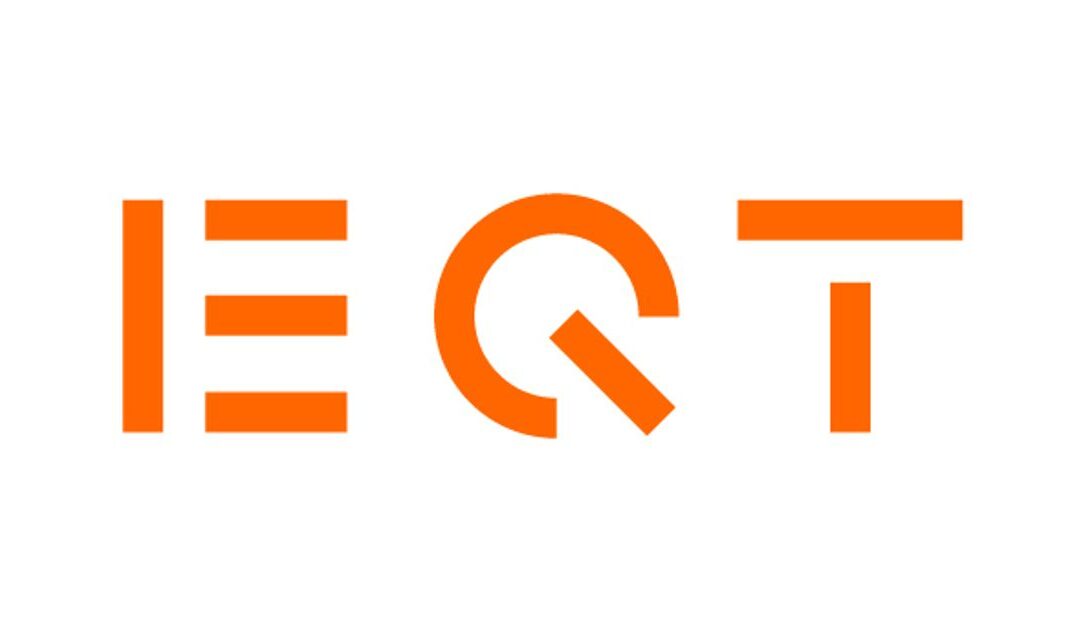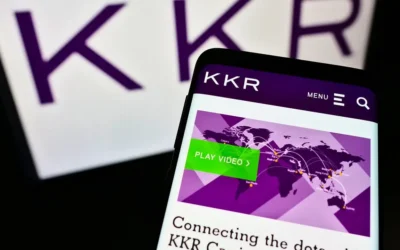EQT AB is extending its investment in Anticimex by selling the pest control company to another fund, part of a burgeoning trend of buyout firms holding companies longer to boost returns.
The EQT VI fund will exit through the deal, which values Anticimex at about $7.2bn including debt, according to Per Franzen, head of EQT’s private capital advisory teams. Singapore sovereign fund GIC Pte and the investment vehicle of Swedish billionaire Melker Schorling are increasing their stakes in Anticimex, he said.
“What we did a couple of years ago is to look at our historical performance across funds in the equity business,” Franzen said in a phone interview. “If we had held on to some of the winners in our funds for longer, it would’ve had a material impact on overall fund performance.”
EQT is selling the Stockholm-based business to a new fund it’s currently raising that is focused on longer-term investments, people familiar with the matter said. Some investors have already committed capital to the vehicle, the people said, asking not to be identified because the information is private.
It had earlier been studying a potential initial public offering of Anticimex, Bloomberg News reported last year. A representative for EQT declined to comment on which fund will buy the business.
Digital Sensors
Firms from Blackstone Group Inc. to KKR & Co. have been setting up new vehicles with extended investment horizons beyond the typical private equity lifespan of seven to 10 years. They’re seeking to fashion themselves as long-term stewards of the businesses they buy, more akin to Warren Buffett’s Berkshire Hathaway Inc. than financiers out to make a quick return.
Anticimex works with companies in the health-care and food industries, using non-toxic traps paired with digital sensors to remotely monitor pest activity. EQT bought Anticimex in 2012 and has since expanded it through 240 add-on acquisitions.
The company, whose name means “against bedbugs” in Latin, has been increasing revenue at about 20% annually and now operates in 20 regional markets. It has more than 7,000 employees and around 3 million customers, according to a recent press release.
“This is an attractive space that is nicely invested with the two macro trends we see across EQT, which is digitization and sustainability,” Franzen said.
Longer Life
The divestment is the last major exit from EQT VI, which was raised in 2011. It represents the best-ever capital gain for a single EQT fund, according to Franzen.
EQT sold a 9.9% stake in Anticimex to GIC in a 2019 deal valuing the business at about 3.6 billion euros. The company’s adjusted operating profit rose 37% last year to 1.87 billion kronor ($226 million), according to its annual report.
Other private equity firms have also been finding ways to keep control of vintage portfolio companies while bringing in new investors. Bain Capital is considering selling generic drugmaker Stada Arzneimittel AG to a more recent fund, people with knowledge of the matter said in April.
BC Partners set up a special vehicle this year to hold onto its investment in Springer Nature after shelving plans for an IPO of the academic publisher, Bloomberg News has reported. The deal gives BC Partners more time to expand the business while still returning money to investors in a 2011 fund.
Source: Bloomberg BNN
Can’t stop reading? Read more
KKR-backed Optiv enters private debt talks as $1bn maturity wall looms
KKR-backed Optiv enters private debt talks as $1bn maturity wall looms KKR-owned cybersecurity...
Permira set for $3bn Golden Goose exit as HongShan circles Italian luxury brand
Permira set for $3bn Golden Goose exit as HongShan circles Italian luxury brand Permira is in...
CPE to invest $350m in Burger King China joint venture with Restaurant Brands International
CPE to invest $350m in Burger King China joint venture with Restaurant Brands International...




